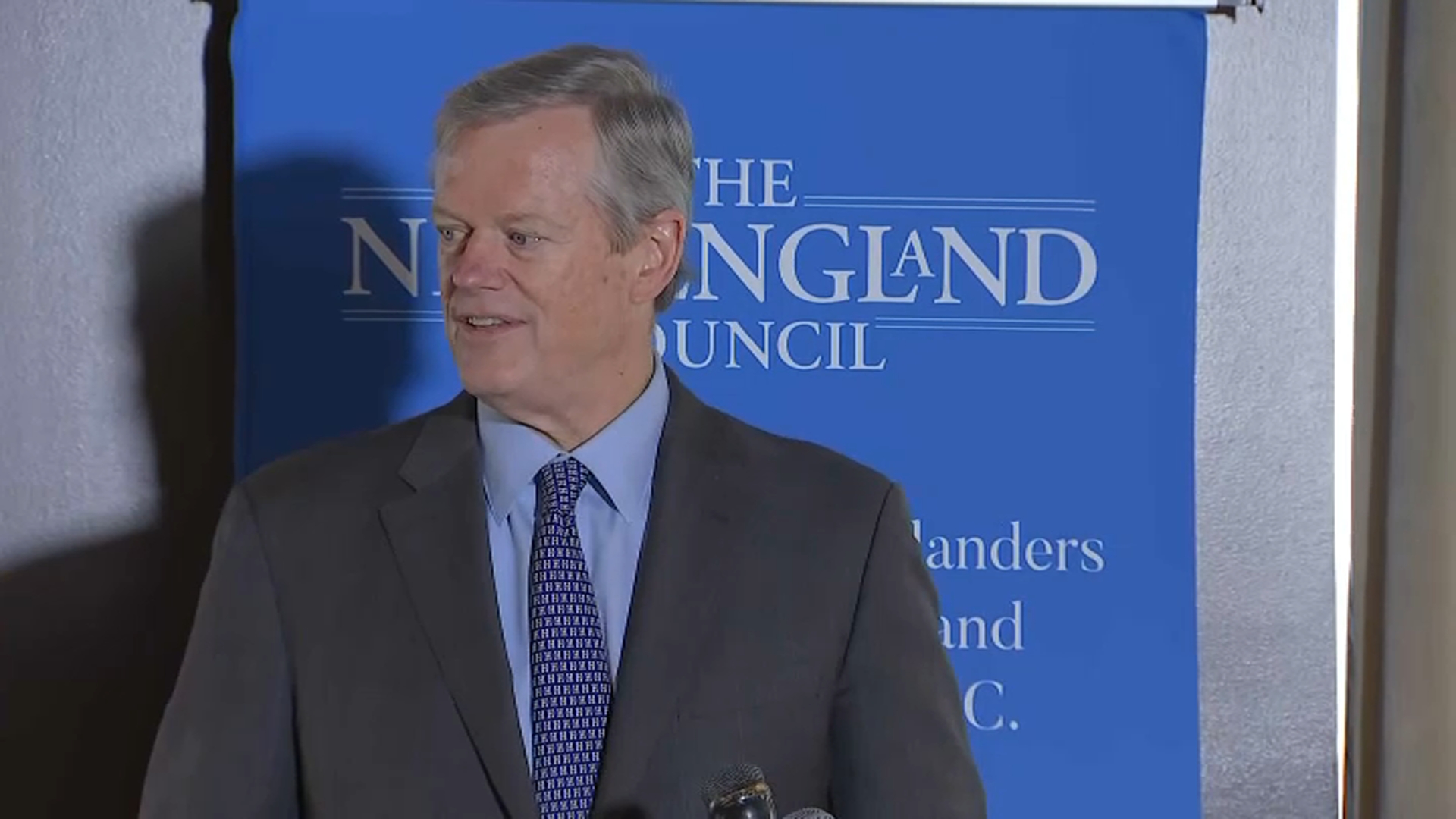
Expected to last around eight years once it gets underway, the MBTA's planned replacement of a key 93-year-old railroad drawbridge over the Charles River will have minimal effects on commuters, state officials promised Thursday.
MBTA General Manager Phil Eng, MassDOT Secretary Monica Tibbits-Nutt, and Gov. Maura Healey were among those gathered below the departures board in Boston's North Station, the transit hub for rail service north of the capital, to celebrate the federal government's $472 million contribution, first announced in September.
WATCH ANYTIME FOR FREE
Stream NBC10 Boston news for free, 24/7, wherever you are. |
Draw One dates from 1931, the middle of the Great Depression. The span is responsible for connecting more than 11 million passengers per year from the Hub to points north over the MBTA Commuter Rail's northside lines and the Amtrak Downeaster, which runs up the coast of southern Maine.
The draw will be replaced with three vertical lift bridges, and the project also includes a new signals and control tower along with track and signal upgrades, Eng said.
Get updates on what's happening in Boston to your inbox. Sign up for our News Headlines newsletter.
The goal, according to the GM, is to "maintain on-time performances" and keep eight tracks active at North Station with at least four tracks running north over the Charles River during construction in order to minimize disruptions for the average 30,000 commuters who ride those rails every day.
"We're going to increase train capacity as well as platform capacity right here at North Station," Healey said, "and we're going to do this without disrupting daily commutes for commuters, we're going to ensure that people, ideas, goods, and capital will continue to flow and, in fact, will flow better as we help grow our economy."
Eng called it an exciting challenge to keep moving passengers while simultaneously building the new bridges.
Local
In-depth news coverage of the Greater Boston Area.
Preliminary actions currently underway include procurement of switches and other track improvement materials with track work slated to begin later in 2024, he said, adding that the replacement contract will be "on the street next year."
Early estimates showed the project taking eight years to complete, but Eng said he was challenging the agency to beat that timeline.
"What we'll be doing during the actual project is, likely, is you'll build a new structure right adjacent to the existing structure. Two new tracks will be placed there. All the switches to allow train movements, to allow the ability to continuously have four tracks through this bridge. And then when the new bridge is in place, then you could take two tracks out of place, replace that section, and you'll do it in phases. You'll do it in the staged construction approach. And that's the way we will tackle this, working with whatever construction partner we have," Eng said.
The federal infrastructure money came from the U.S. Department of Transportation's so-called Mega grants, or National Infrastructure Project Assistance program. U.S. Sen. Edward Markey said "this Mega grant was the largest in the country."
Markey and U.S. Sen. Elizabeth Warren were on hand to cheer the federal grant along with Boston electeds Rep. Aaron Michlewitz, Sen. Lydia Edwards, and Mayor Michelle Wu.
While the grant was announced on Sept. 23, Healey quipped that the celebratory event was a gift to Eng, whose birthday was Thursday.
"His birthday gift was $472 million and a press conference right here at North Station. Happy birthday, Phil," said the governor.
The speaking program, staged below the active departures board, was repeatedly interrupted by the automated announcements of trains getting ready to chug northward.
"Ayer, Shirley, North Leominster, Fitchburg, and Wachusett," the loudspeaker blared, momentarily cutting off Markey's sports analogies.
"All of those destinations are going to benefit from this project," Markey said when the computerized voice had wrapped up. "And we thank the announcement for making it clear how vast the benefits of this program are going to be, because North Station is the beating heart of the public transit north of Boston. It's also the entry point for TD Garden, and just like the Celtics inked Jayson Tatum and Jaylen Brown to long-term deals, through this $472 million grant Massachusetts is signing a long-term deal with train travel here in Greater Boston."



